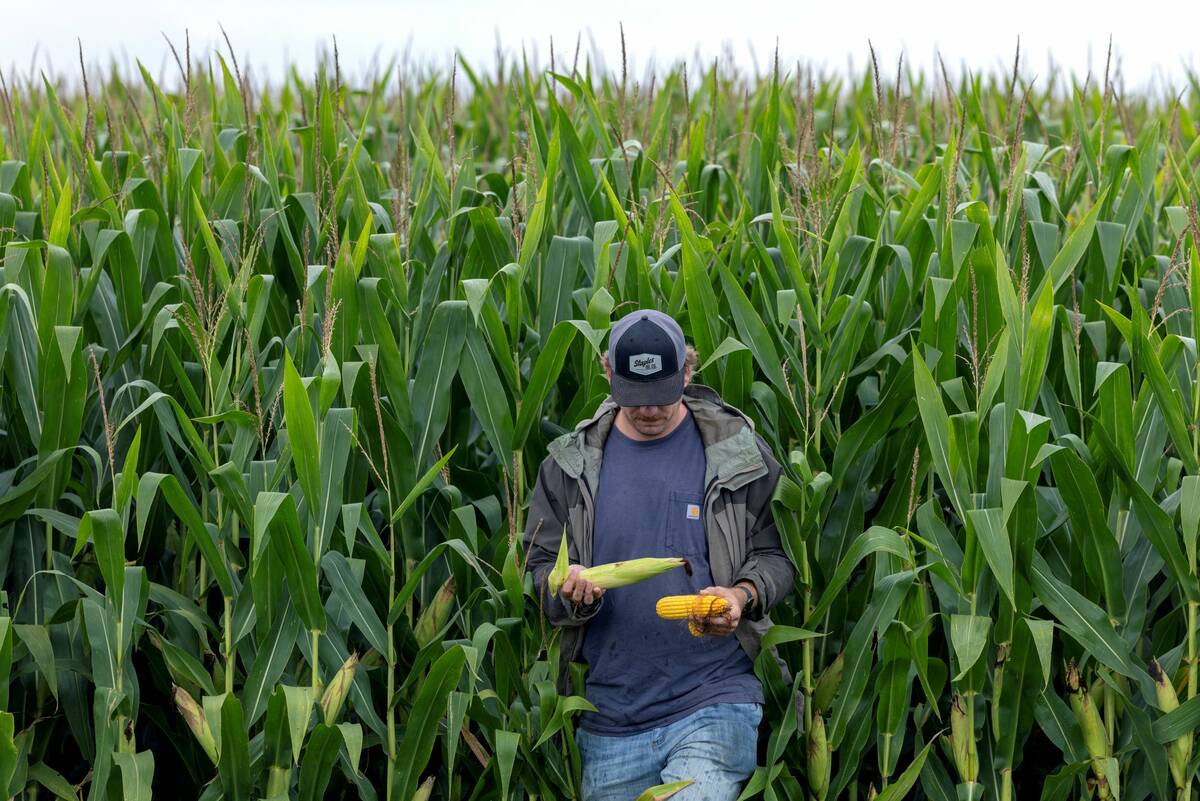Reuters — Alberta struck back at neighbouring British Columbia on Tuesday, halting purchases of that province’s wines in retaliation for its potentially holding up expansion of a crude pipeline.
B.C. proposed rules last week to temporarily block increased oil shipments through the province, adding another hurdle to Kinder Morgan Canada’s planned $7.4 billion Trans Mountain pipeline expansion.
Oil-rich Alberta’s New Democrat Premier Rachel Notley said the Alberta Gaming and Liquor Control Board, which is the distributor for all liquor retailers in the province, will immediately stop importing B.C. wine.
Read Also

The U.S. corn crop could be the biggest ever. That’s terrible news for America’s farmers.
The USDA predicts a record corn crop for U.S. farmers, who question the agency’s accuracy amidst high debt and low crop prices.
“This is one good step to waking B.C. up that they can’t attack our industry without a response,” Notley said at a news conference.
B.C. Premier John Horgan responded by saying that his Pacific coast province had every right to take steps to protect its land and waters, and that if Alberta disagreed it should make that argument in court.
“I urge Alberta to step back from this threatening position,” Horgan said in a statement. “We stand with B.C. wine producers and will respond to the unfair trade actions announced today.”
Horgan did not say what that response would be.
Notley’s move affects $70 million in annual sales by B.C. wineries, a pittance compared with the value of the country’s oil sector. But it illustrates the high stakes for Canada’s energy industry if new pipelines are not built and the fierce environmental opposition against them.
Canadian Prime Minister Justin Trudeau, who has approved the pipeline expansion, said last week that he would ensure the project gets built.
Experts disagree over whether B.C. has authority to block interprovincial transport, which is a federal jurisdiction. However, the move by the province’s left-leaning NDP government adds a potential snag to a project that is already a year behind schedule.
Tight capacity moving crude by pipeline and railway from landlocked Alberta last month generated the biggest price discount on the province’s heavy oil in more than four years compared to the West Texas Intermediate North American benchmark.
— Reporting for Reuters by Rod Nickel in Winnipeg and Julie Gordon in Vancouver.










